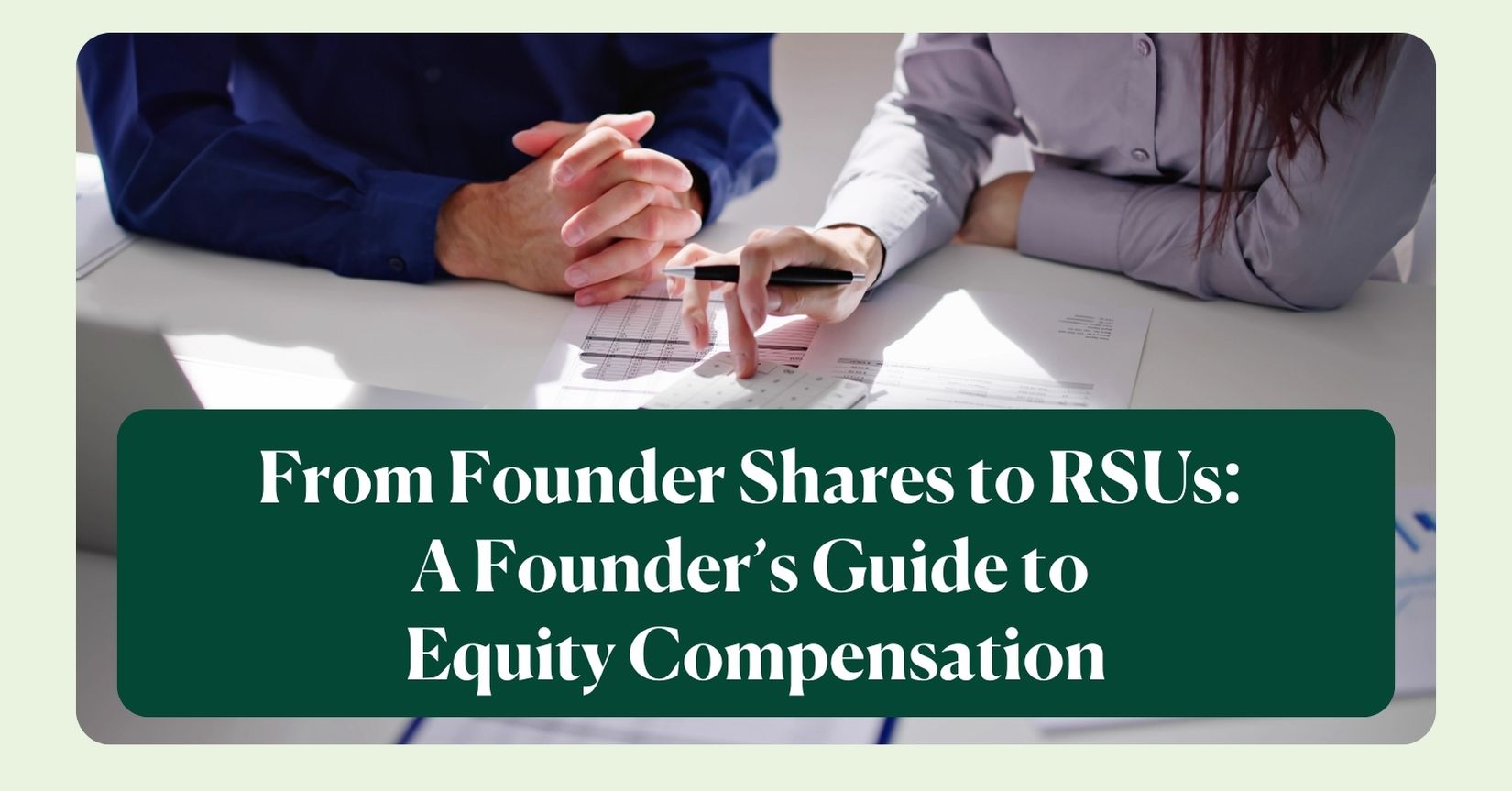Confession:
Once upon a time, I made a pretty cringe-worthy mistake as a new financial advisor. ????????♂️
When I first started working with Jackie here at KB Financial Advisors, I used to help her prep for client meetings.
Any time we were talking to a new client, we’d have them fill out a planning profile, where they told us their main financial concerns. Sometimes, people would fill this out in shorthand, so I’d “translate” their shorthand into what I assumed they really meant, and hand the notes over to Jackie.
The instant Jackie saw me doing this, she corrected me on it.
Translating shorthand might not seem like a big deal, but in the world of planning peoples’ personal finances, it actually is.
No assumptions should be made about your financial goals or financial situation. Ever.

A good financial advisor takes time to listen, and doesn’t do any guesswork.
If someone wrote something a certain way in their planning profile, that’s what we worked with. It didn’t matter if it didn’t make sense to us. That’s what we started our conversation with, and we asked them about it. With this approach, we were able to avoid mistakes and give our clients the best financial strategies possible.
So… beyond someone who’s a good listener, how do you know how to pick a financial advisor? And a good one at that?
There are SO many financial planning firms out there, so how do you differentiate a good one from a bad one?
That’s what we’re going to discuss in this article.
How to Pick a Financial Advisor: Wealthy vs Not Wealthy Yet
One of the main reasons younger people seek out a financial advisor is so they can make the right decisions to become truly wealthy one day.
It’s what my wife and I tried to do when we were young, and it’s where a lot of KB Advisors clients find themselves when they first reach out to us.
However, there’s this myth that financial planning is only for the “already wealthy,” and unfortunately, a lot of financial planners only add to it.
It’s getting better today, but when my wife and I were young savers, it was hard for us to find someone who’d help us make a solid plan for our money. We weren’t wealthy yet, but we wanted to be there.
If this is you, and you’ve been having a hard time finding a good financial advisor because you don’t meet a minimum net worth requirement, take heart. I’ve got some advice in this article that will show you how to pick a financial advisor, so you can get on the right track to your savings and investing goals.
1) Determine What YOU Want From Your Advisor:Client Relationship
What do you need help doing with your finances?
Saving for retirement?
Buying a house in an expensive market?
Allocating your investments for better return and/or more stability?
Do you want help managing your stock options post-IPO to decrease your tax bill?
There are no wrong answers, but coming up with an answer to this question is important. When you know what you’re looking for, you can look for a financial advisor that specializes in the areas you need.
2) Look For an Advisor Who Has Experience Working with People Like You
Just like in the point above, these “like you” characteristics are up to you.
The most important thing here is that you have a financial advisor you’re comfortable opening up to and being 100% honest with. It’s no use to have a good financial advisor if you can’t tell them everything about your financial situation.
Because of this, it’s good to look for someone who’s had experience working through issues similar to the ones you’ll be facing.
These “like you” characteristics can be anything: job type, payment structure (self employed, stock options, commission payments, etc.), socioeconomic status, cultural group, religious beliefs, having a large family, or something else.
Basically, if there’s something about you that impacts how your finances need to be planned, that’s something you can add to your “like you” list.
The financial advisor you choose may not check every item on your “like you” list, but prioritizing this list will help you find the best fit.
3) Find Out How the Advisor Gets Paid
Once you’ve found some advisors you’re interested in, the next step is figuring out how these advisors get paid, and and *who* pays them.
At KB Financial Advisors, for example, we’re fee-only, which means we ONLY get paid a flat fee by our clients, and that our clients know exactly how much they’ll owe us in advance. We don’t charge based on percentages or collect commissions from financial institutions. We like this structure because it keeps our focus 100% on the client, and gives them the best possible financial plan for their future, without any competing interests.
However, other financial advisors may charge differently: some charge hourly rates for their consulting, others collect commissions by selling investments, and others charge a percentage fee based on how much money they manage for you.
Whatever your financial advisor’s payment structure is, make sure you’re aware of it and comfortable with them getting paid that way.
4) Check Their Listening Skills
At this point, you’ll start having conversations with the financial advisors on your shortlist, and it’s the perfect opportunity to check their desire to fully listen to you.
When you sit down to have a conversation, does this person interrupt you or jump to conclusions?
Are they fast to give advice before hearing your full story, or are they the type of advisor that keeps asking questions to get a better picture of your finances, so they can give you better, more tailored advice?
In other words, do they talk at you, or do they talk with you?
Some questions you can ask them to get a feel for their ability to listen include:
- What is your investment philosophy & how would it help my situation?
- What’s something you’ve done to help someone in my situation before?
- What are the first steps you’d suggest for someone like me?
5) Check Out Their Credentials and History
I know this sounds complicated, but this is a must-do before you hire anyone to be your financial advisor. (And it’s not as hard as it sounds.)
The key information you need is available online for all financial advisors, because there are required regulatory filings that must be made. You’ll be able to find out if there have been any past regulatory issues with an advisor, and also show you their exact qualifications.
To find the background information for an investor you’re considering, go to the SEC’s Investment Adviser Public Disclosure page. Type in the name, firm, and location of the advisor you want to research. When you see their name, click on “More Details.”
On this page, you’ll be able to see their years of experience, the firms they’ve worked for, exams they’ve passed, licenses they’ve obtained, as well as any disclosures that might be on their record. Ideally, an advisor won’t have any disclosures, but if they do, take a look at them. These could be customer complaints, bankruptcy filings, them getting fired, or regulatory actions. Having a disclosure on their record doesn’t necessarily make someone a bad financial advisor, but it is something to make sure you ask them about if you see it.
Understanding How to Pick a Financial Advisor Can Change Your Financial Future
When you know how to pick a financial advisor that will meet your needs, your financial future changes for the better.
You’ll be able to save for big future events, make smart investment decisions, and create a retirement fund you’ll be happy with.
If you’d like to see if one of our advisors would be a good fit for you, book a complimentary call with us here to discuss your needs, lifestyle goals, and anything else you have on your mind about your finances.
(You can also read my FULL feature interview on this topic in Authority Magazine and on Thrive Global.)



